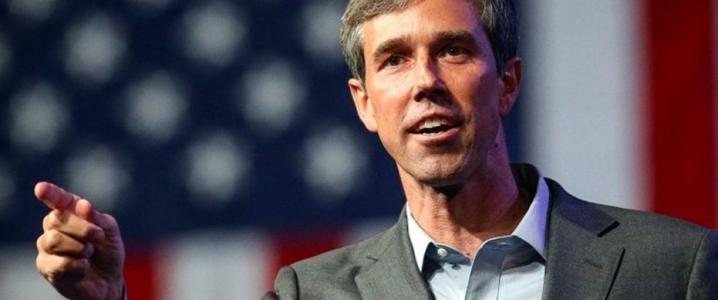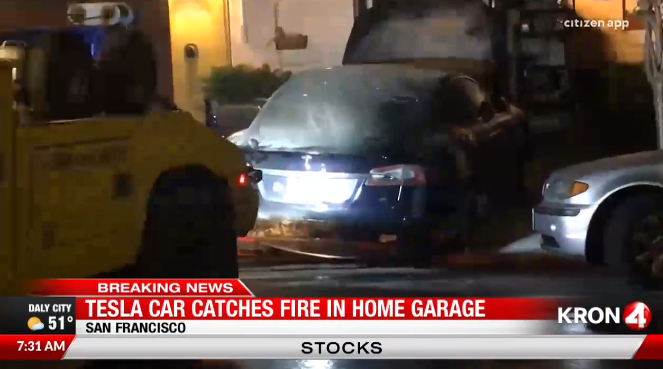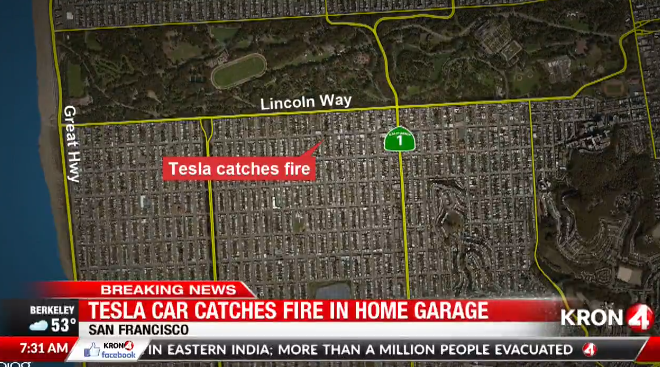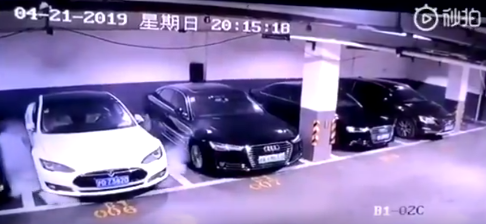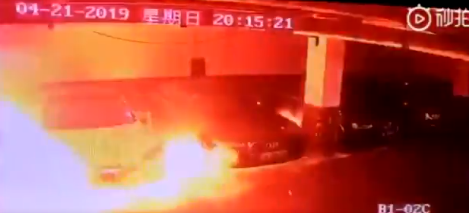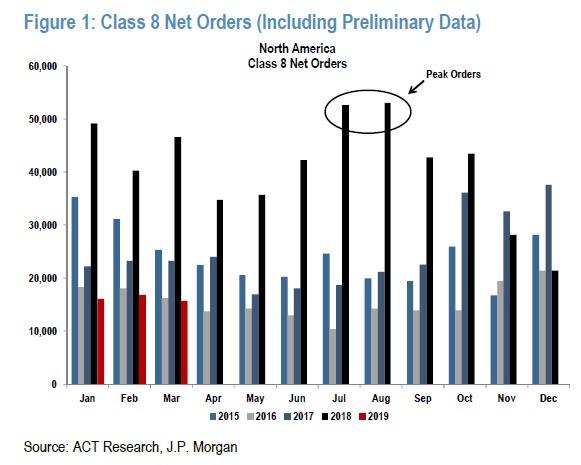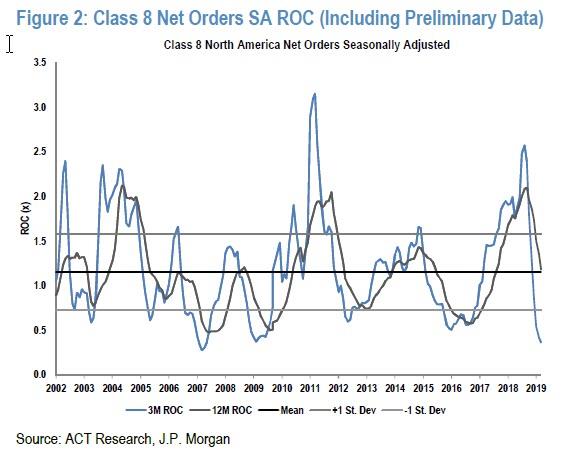When is a wheelchair-bound inmate with brain cancer not considered terminally ill? When a Justice Department lawyer is evaluating his medical record.
On Wednesday a judge ordered the release of federal inmate Steve Brittner, 55, under the new provisions of the FIRST STEP Act, a criminal justice bill passed late last year. The judge ordered the release over the objections of federal prosecutors, who argued that Brittner, who is suffering from a malignant brain tumor, does not meet the “extraordinary and compelling” reasons to qualify for what’s known as “compassionate release.”
Brittner’s case illustrates both the impact of the new law and the extraordinary hurdles terminally ill inmates and their families still face when trying to squeeze a small amount of mercy out of the federal government.
One provision of the FIRST STEP Act allows federal inmates to take their pleas to a judge if the federal Bureau of Prisons (BOP) rejects their petitions for compassionate release—a policy that is supposed to afford elderly and terminally ill inmates the opportunity to finish their lives among family and in relative peace.
As Reason reported last year, the petition process for compassionate release has long been arbitrary, inscrutable, and cruel. Justice Department records obtained last year by the criminal justice advocacy group FAMM show that since 2014, at least 81 federal inmates have died while waiting for the government to review their applications.
Brittner was sentenced in 2016 to 48 months in federal prison for distributing methamphetamines. In January 2018, he was diagnosed with brain cancer. By that November, an oncologist listed his prognosis as “poor” and discussed the possibility of ending treatment and beginning end-of-life hospice care. Brittner reported fatigue, weakness, and increasing memory loss. According to court filings, he is increasingly confined to a wheelchair.
Brittner filed two petitions for compassionate release to the BOP, and both times the BOP rejected them on the grounds that his life expectancy exceeded his release date.
A month later, Donald Trump signed the FIRST STEP Act into law. Brittner then filed a motion to a federal judge to review his case under the new provisions. But the Justice Department opposed his motion on several grounds, including that his brain cancer, while deadly, was not spreading, and the median life expectancy for his condition is two to three years.
“Although defendant’s medical records show that he was diagnosed with a malignant brain tumor, those records do not indicate that the tumor has metastasized,” the U.S. Attorney’s Office of Montana wrote in a response to Brittner’s motion. “Rather, the records show that the tumor has not recurred or progressed since surgery in March 2018.”
The U.S. government was arguing, in essence, that Brittner wasn’t dying fast enough to qualify for compassionate release.
U.S. District Judge Dana Christensen disagreed. She ruled that the Justice Department’s interpretation of the FIRST STEP Act was seriously flawed. A metastatic brain tumor was only one of several examples of conditions that qualify as terminal illnesses, not part of an exclusive list. (She also noted that the overall survival time for those with Brittner’s particular type of brain tumor is closer to one year.)
“It is clear from the nature of his disease and his worsening condition as documented above, that Brittner’s prognosis is grim, his disease is terminal, and the length of his life can be measured most likely in weeks, as opposed to months,” Christensen wrote in her order granting Brittner compassionate release.
“Finally, the Court is convinced that Brittner poses no safety risk to the community,” Christensen continued. “Brittner is in an advanced stage of cancer and is wheelchair bound.”
“This is a very telling case,” says FAMM president Kevin Ring. “On one hand, the First Step Act’s reforms to compassionate release worked as intended and this family prevailed. On the other hand, it blows my mind that the Justice Department and BOP still fought tooth and nail to keep a low-level drug offender who is dying of brain cancer and bound to a wheelchair away from his family for the final weeks of his life. They’ll say they were just doing their jobs, but their job is to do justice.”
from Latest – Reason.com http://bit.ly/2Wkmxtb
via IFTTT
